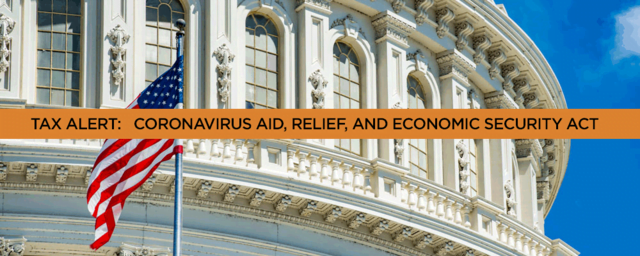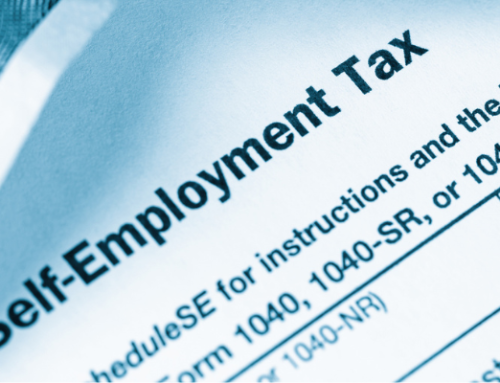As business owners struggle with the effects of the coronavirus epidemic, Congress is on the precipice of enacting landmark legislation aimed at keeping the economy afloat over the next several months. On Wednesday night, the Senate passed a $2.2 Trillion bill aimed at staving off an extended economic downturn.
The bill, H.R. 748, sets aside $349B in funds available for loans to small businesses with 500 or fewer employees. These funds are earmarked to cover payroll, benefits, commissions or similar compensations, payment of interest of any mortgage obligation, rent, and utilities
The amount that a small business owner is eligible for can be calculated by taking their average monthly payroll cost for the past 12 months prior to the loan approval and multiplying it by 2.5. Payroll cost is defined as follows:
- Wages, commissions, salary, or similar compensation to an employee or independent contractor
- Payment of cash tip or equivalent
- Payment for vacation parental, family, medical or sick leave
- Allowance for dismissal or separation
- Payment for group health care benefits, including premiums
- Payment of any retirement benefits, and
- Payment of the state or local tax assessed on the compensation of employees
The following items don’t qualify as payroll costs:
- Compensation of individual employees in excess of $100,000
- Payroll taxes
- Any compensation of an employee who resides outside of the US and any qualified sick leave for family medical leave for which a credit is allowed under the new Coronavirus Relief Act
- Any qualified sick leave or family medical leave for which a credit is allowed under the new Coronavirus Relief Act, enacted March 18, 2020.
The total loan amount cannot exceed $10 million.
As an example, if a small business owner had an average monthly payroll cost of $3 million they would be eligible for a loan of up to $7.5 million.
These loans will be available through June 30, 2020; they will be structured to last up to 10 years and the interest rate of the loans cannot exceed 4%. Lenders are also required to provide deferment relief for impacted borrows for a period of 6 months to 1 year.
The largest benefit to small business owners in this bill comes from the loan forgiveness provision. After receipt of the loan, the borrower can apply for loan forgiveness of the actual amount of payroll, mortgage interest, rent, and utility payments incurred and paid during the 8-week period immediately following the granting of the loan.
The amount forgiven will not be included in taxable income. Forgiveness eligibility depends on the maintenance of employees; the forgivable amount will be reduced if the employer reduces its workforce and/or reduces the salary or wages paid to employees earning less than $100,000 by 25% during the covered period.
For many small businesses, these provisions will allow owners to continue to pay employees without any additional adverse financial repercussions in the coming weeks.
If you have any questions about this relief package please reach out to your PBMares tax advisor for additional information.






